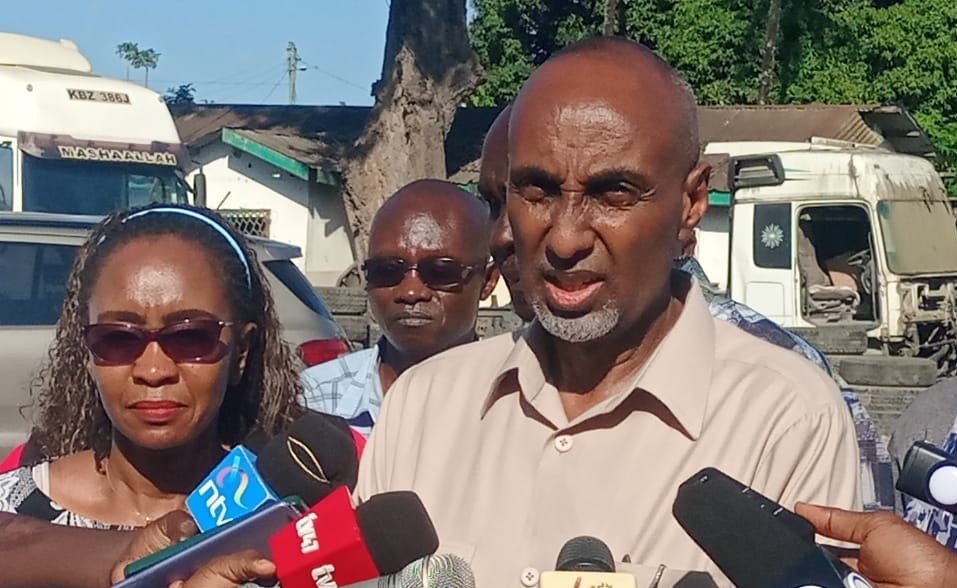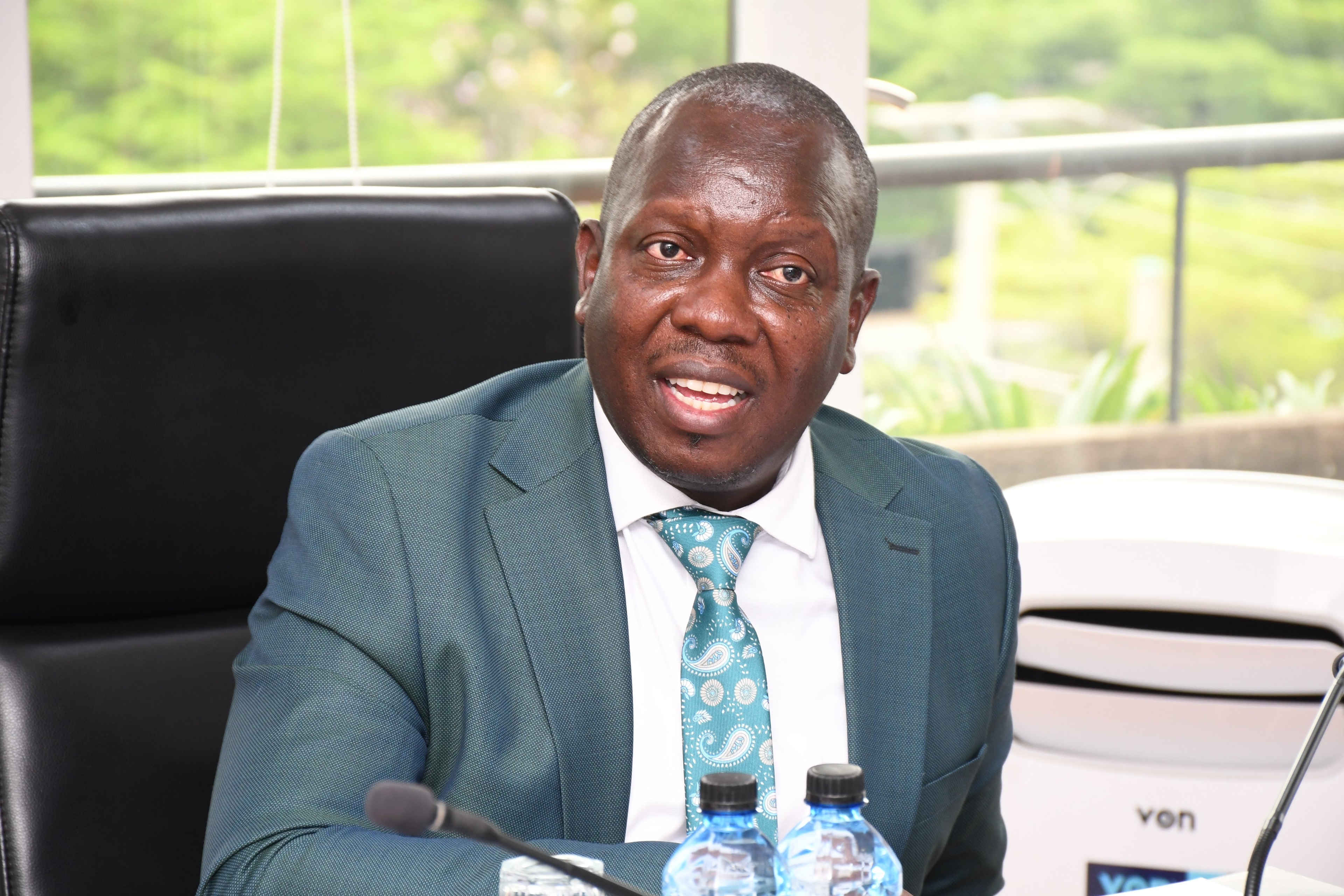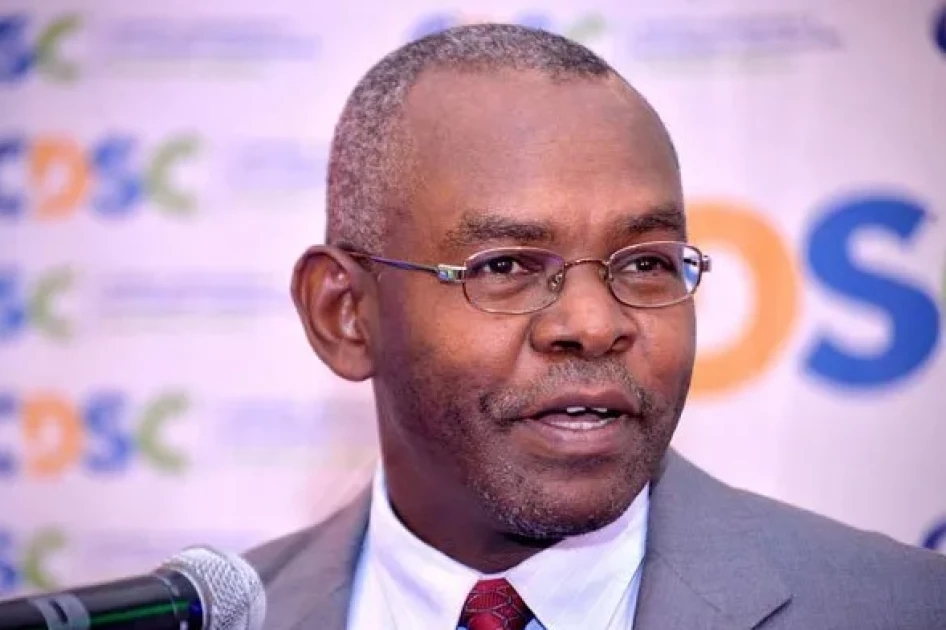The realm of healing extends far beyond the reach of physical treatment and medicine. It ventures into the intricate and profound territory of the human mindset. This story illuminates the pivotal role that mental and emotional states play in determining the outcomes of medical treatments.
Through the lens of two individuals coping with the loss of a limb and their journey with prosthetics, we explore how the same medical intervention can lead to vastly different results, underscoring the necessity for healthcare professionals to address not just the physical, but also the psychological wellbeing of their patients.
I recall two patients that I treated with the exact same issue—dealing with the loss of a limb. True, their circumstances were different, but I have always believed that the key to how their stories played out was all about the mindset, how they saw themselves and their futures.
James's (not his real name) story is a testament to the power of a positive and resilient mindset in the face of adversity. A mountain biking enthusiast before his amputation, he approached his new reality with an unwavering determination. He was injured in a riding accident, a driver swept him off the road and his leg was so badly injured that unfortunately, we could not save it.
"This is a new chapter, not the end," he would say. Engaged and proactive during his prosthetic fittings, James embraced each challenge, transforming potential setbacks into stepping stones. His journey of relearning and adaptation was steeped in a mindset focused on possibilities rather than limitations, leading him not just to adapt but to excel, eventually participating in competitive sports again.
I remember him challenging me to run 42 km in a local marathon and wondering where he got that energy. He runs the marathon every year and has raised hundreds of thousands of shillings for fellow amputees. I have been inspired by him to run, but I must confess that I have never run a full 42 km marathon. Engaged and proactive James embraced each challenge as a stepping stone.
Conversely, Michael's (also not his real name) experience highlights how a mindset shadowed by despair and resignation can hinder the healing process. A former teacher, he faced his amputation with a sense of overwhelming loss, viewing it as an insurmountable barrier to his former life. His story was about diabetes and a loss of blood flow to his leg that once again was not correctable.
His passive approach to prosthetic fittings and rehabilitation, characterised by silence and minimal participation mirrored his internal struggle. Neglecting essential care and follow-up appointments, Michael’s journey was fraught with complications, illustrating how a dispirited mindset can adversely affect medical outcomes.
He ignored the diabetic control that was so essential to avoid further problems and ended up needing several more surgeries. He never adapted well to the prosthetic and has never walked again. He never embraced the prosthetic, and the vibrant life he once knew remained out of reach.
Dr Emma Richardson, an expert in prosthetic rehabilitation, emphasises the critical role of mental health in recovery. "Healing is a holistic process. The mindset of a patient can dramatically influence the effectiveness of physical treatments," she notes. Her insights affirm the necessity for a comprehensive approach in healthcare, one that addresses the psychological aspects alongside the physical.
The contrasting experiences of James and Michael serve as powerful examples of how mindset can shape the trajectory of medical recovery. Their stories, while focused on the journey with prosthetics, are emblematic of a larger truth in medicine: the human mindset is a potent force in determining the outcomes of treatments.
This realisation calls for a paradigm shift in healthcare, where treating the mind is given equal importance as treating the body, especially in cases of significant physical alterations like limb loss.
By acknowledging and addressing the psychological dimensions of healing, medical professionals can unlock the full potential of the "doctor within" each patient, empowering them to write their own stories of triumph, just like James, one step at a time.
Consultant orthopaedic surgeon
















